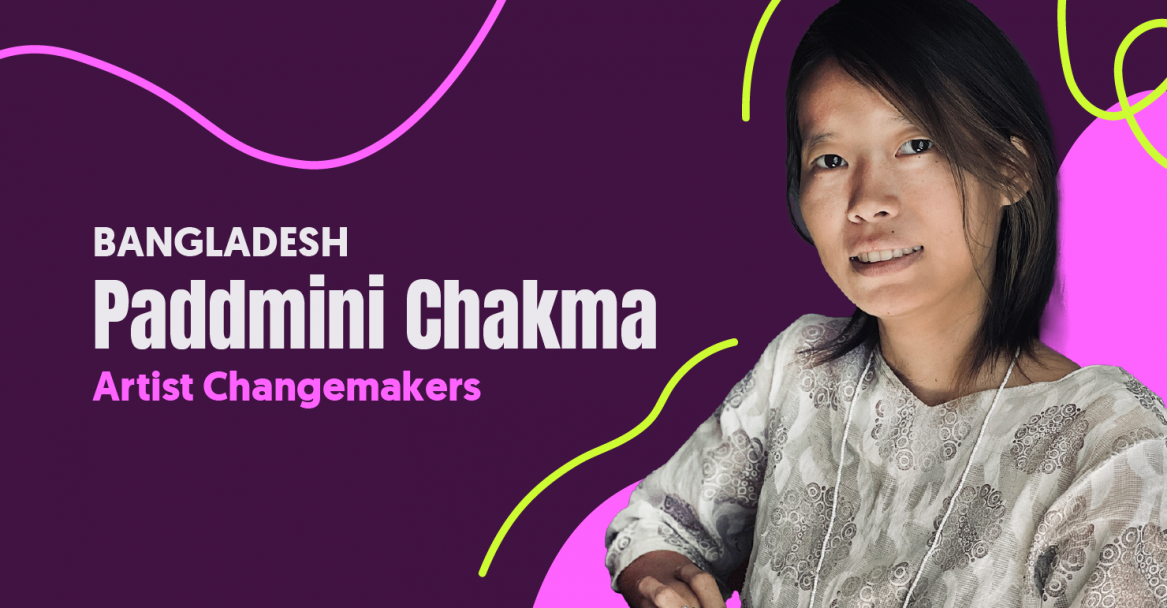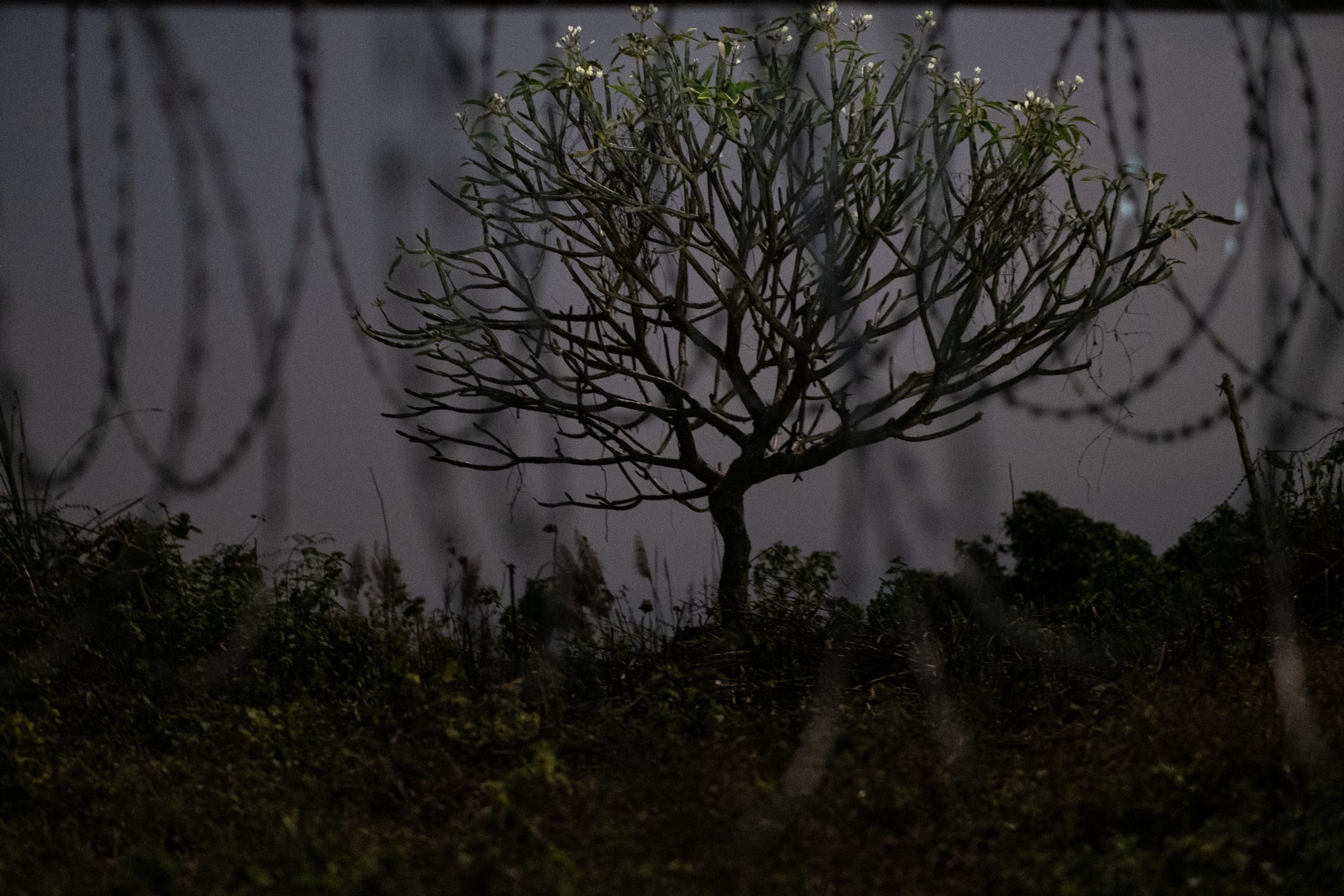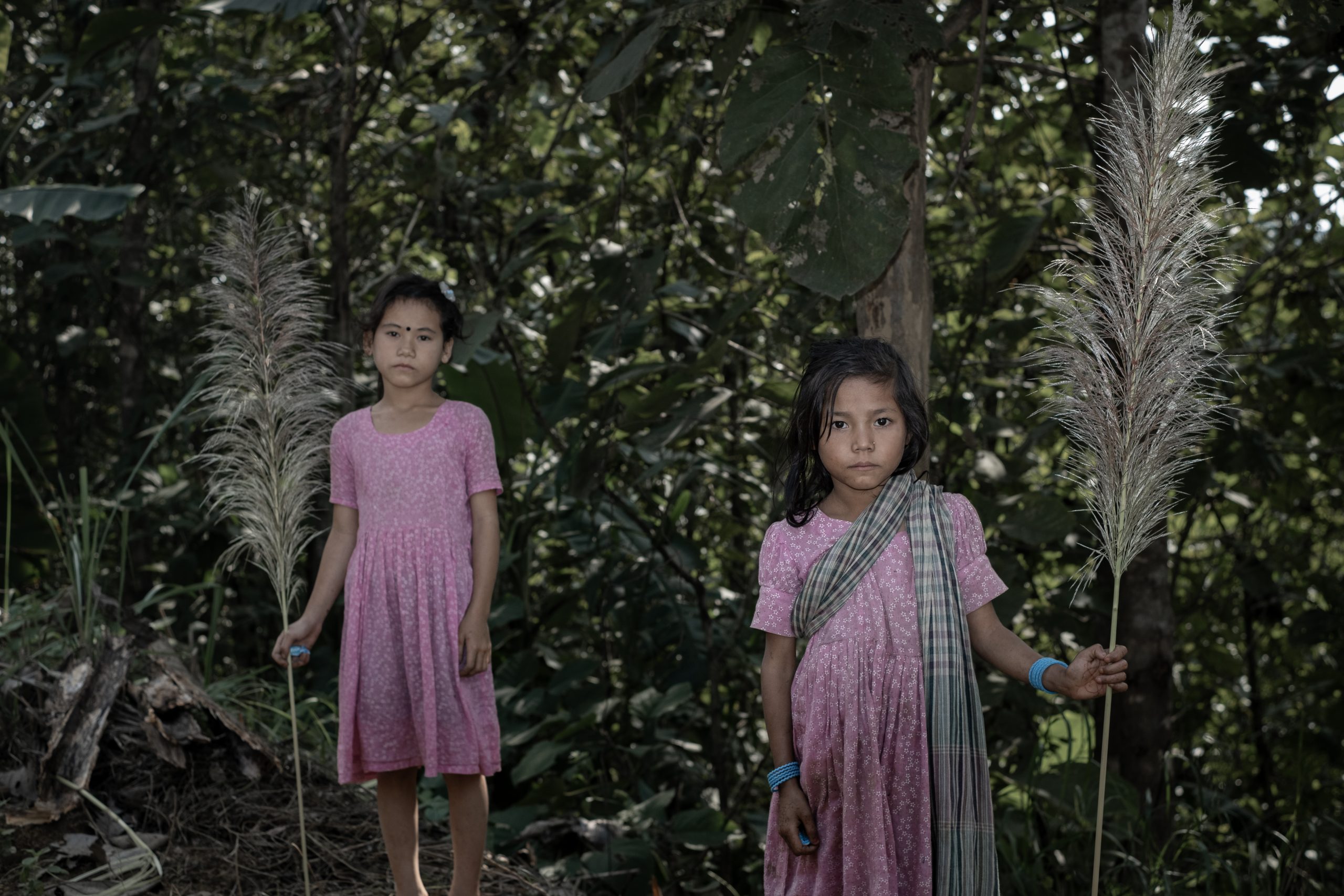Paddmini Chakma
BANGLADESH

Paddmini Chakma is an activist, photographer and visual storyteller based in Bangladesh. She belongsto the Chakma Indigenous community. Her work confronts the narratives which marginalizes, misrepresents, exoticises and ignores the indigenous peoples of the country. She challenges those narratives by exploring subaltern language and applying intersectional frameworks to highlight the complex, overlapping realities of their lived experiences.
Through my artistic practice, I want to create a path for courage to question injustice and inequality. I want to live within that process, where art is not just a medium of expression but a form of inquiry, a form of resistance.Paddmini Chakma
What role do you think art can play in social change?
I believe courage is contagious. Art, like any other language, is a way of expressing, questioning, and resisting. Through my artistic practice, I want to create a path for courage to question injustice and inequality. I want to live within that process, where art is not just a medium of expression but a form of inquiry, a form of resistance. I want people to think, to question, and to not forget.
How would you describe your artistic practice amplifying/supporting social movements?
My artistic practice amplifies social movements by focusing on identity and systemic inequality. Through my photography, I aim to challenge the stereotypes and biased narratives about Indigenous peoples often found in mainstream media, offering an alternative perspective that highlights their resilience and resistance. In 'Do You Really See Me?', I am exploring how the state dismisses Indigenous cultural and political identities, particularly in the absence of constitutional recognition. Development projects have forced entire villages to relocate, damaged essential natural resources, and disrupted the communities' deep connection to the land. Through my work, I question whether anyone truly acknowledges the Indigenous people’s presence, their fight for justice, and the significance of their culture.
What do you hope to achieve through this award?
This award would provide me with the resources and platform to amplify the voices of Indigenous communities on a global scale. It would help me gain greater recognition, allowing me to highlight our struggles and contribute to a broader understanding of our experiences.
Featured work


